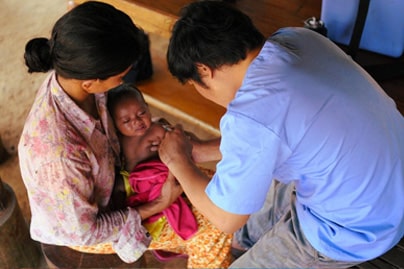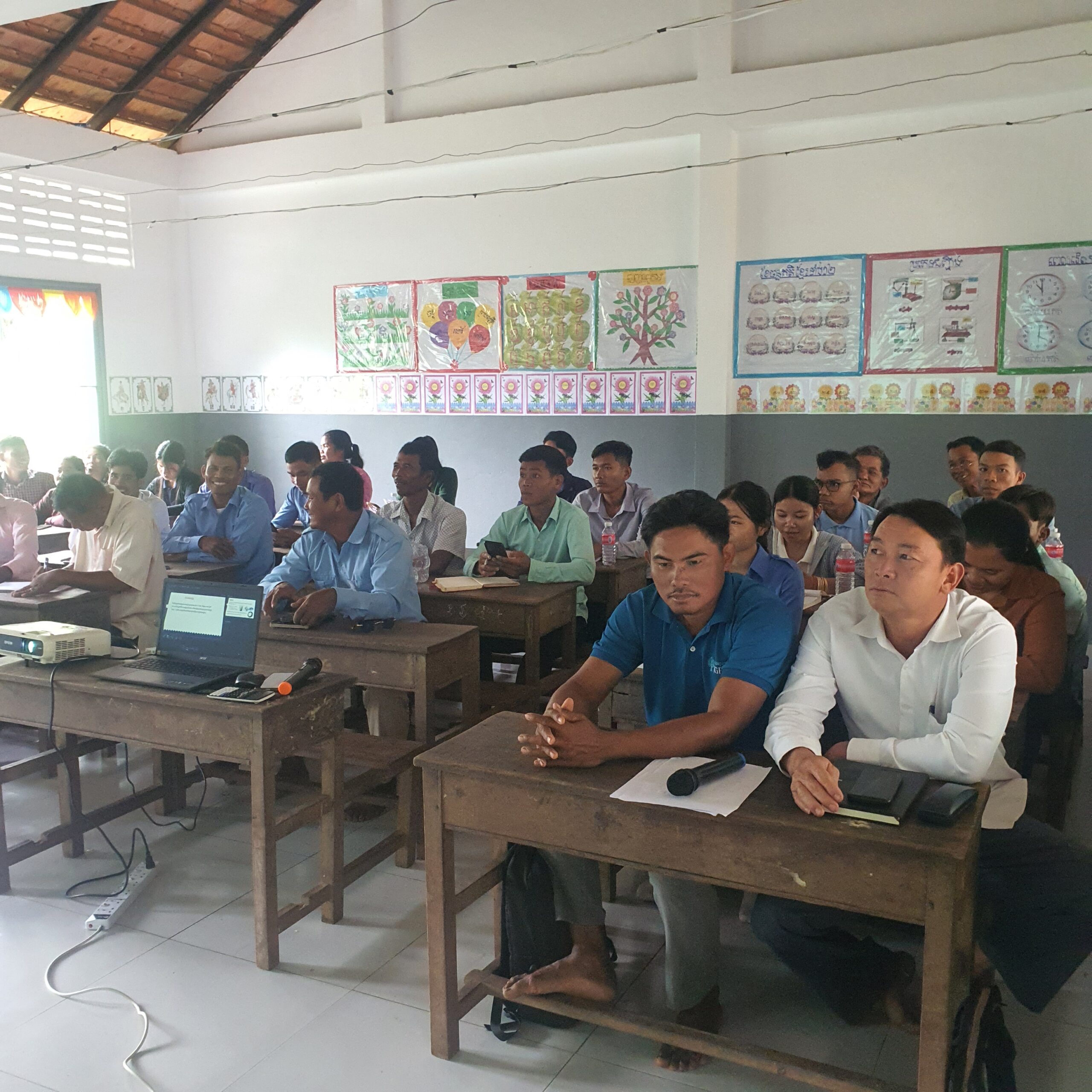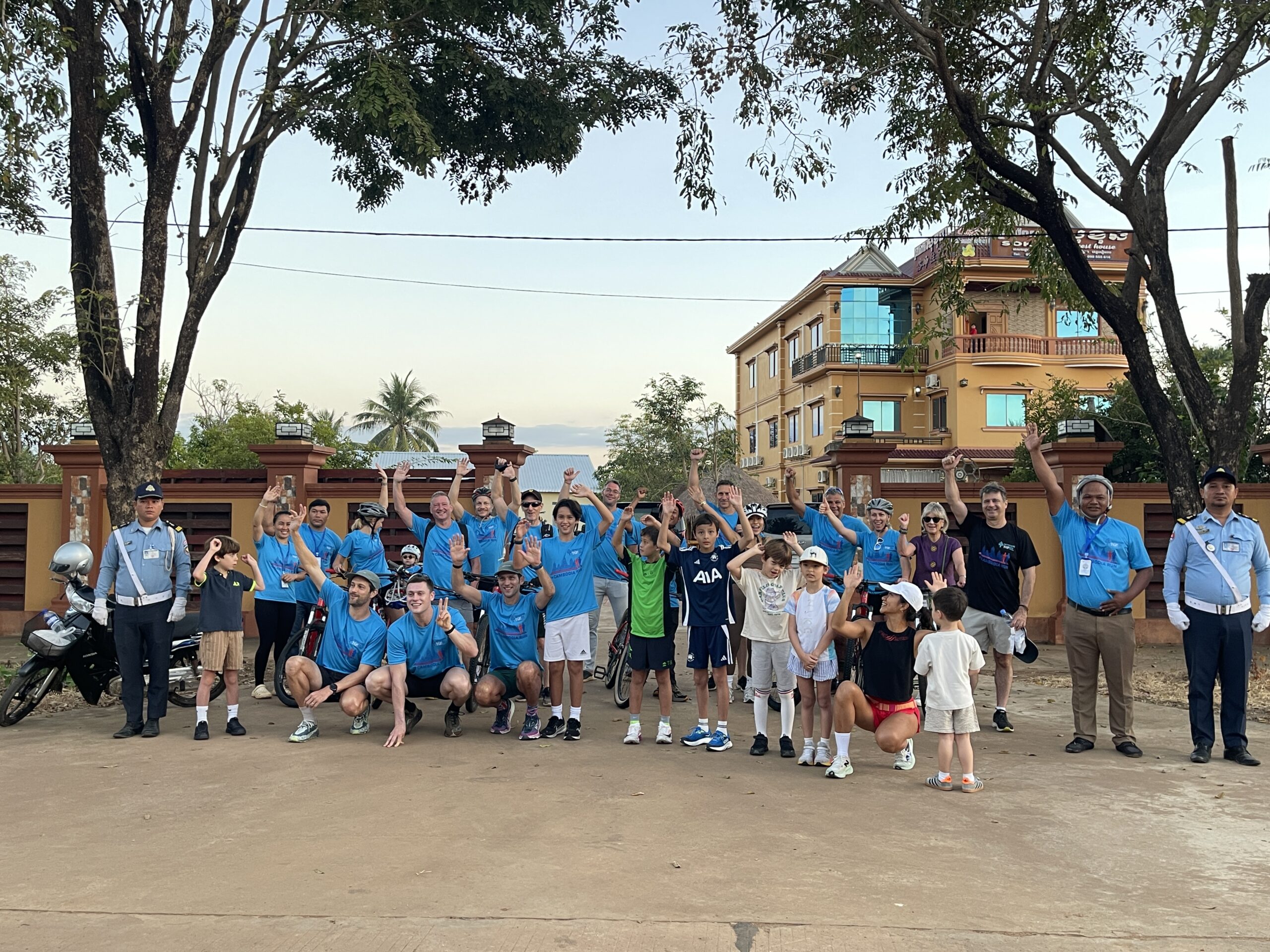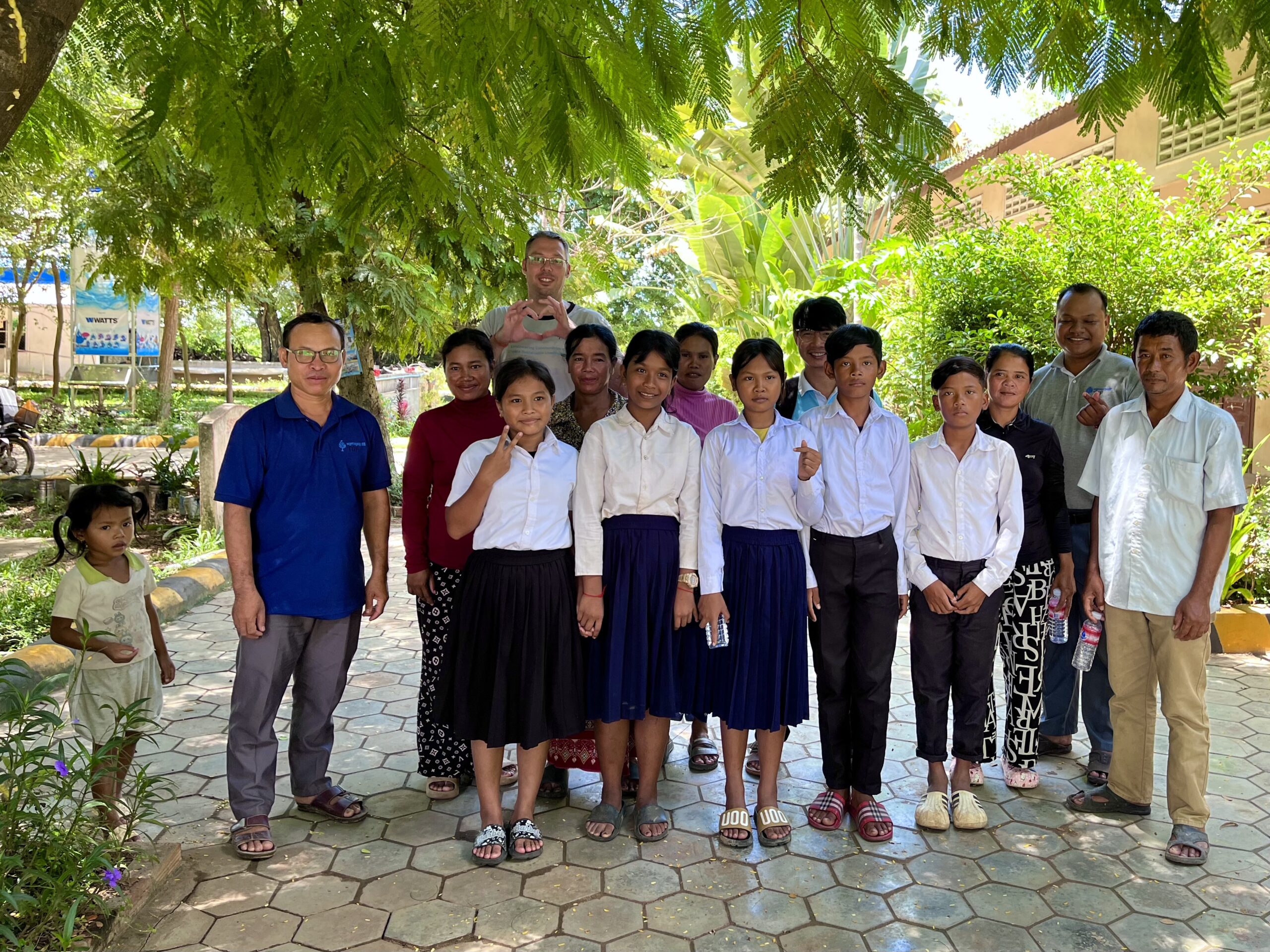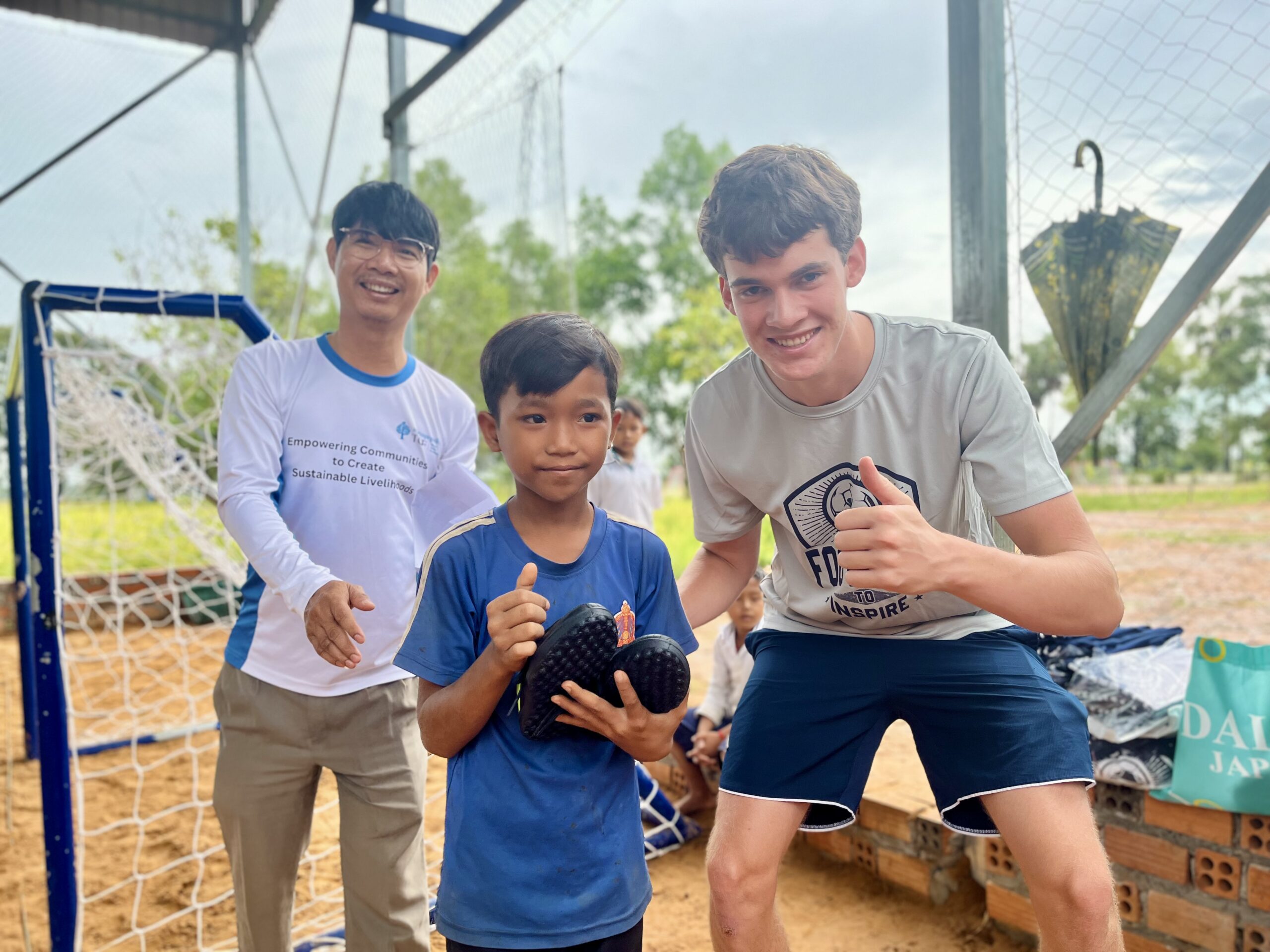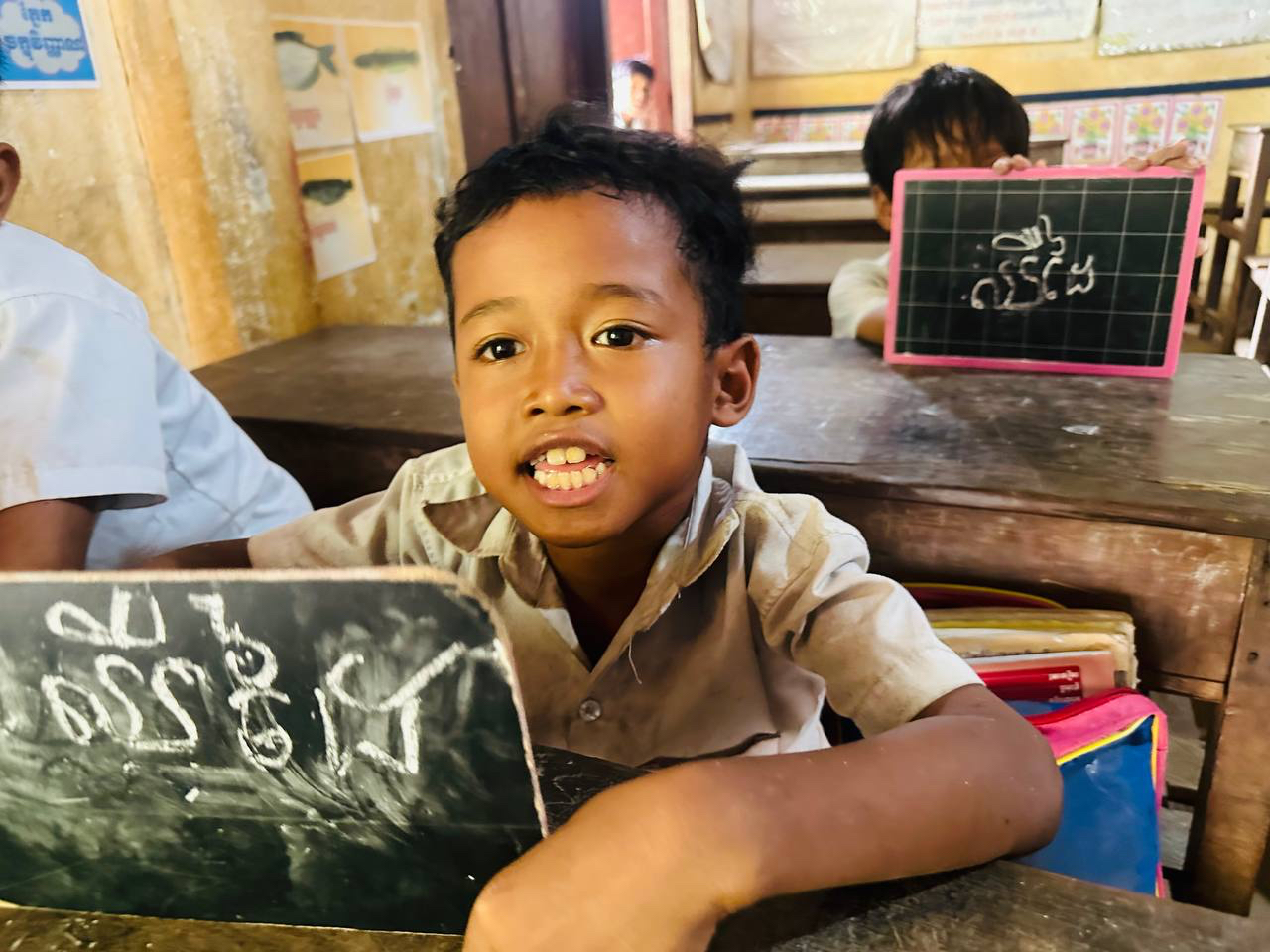our programmes
Water and Sanitation
Improving access to clean water and sanitation facilities
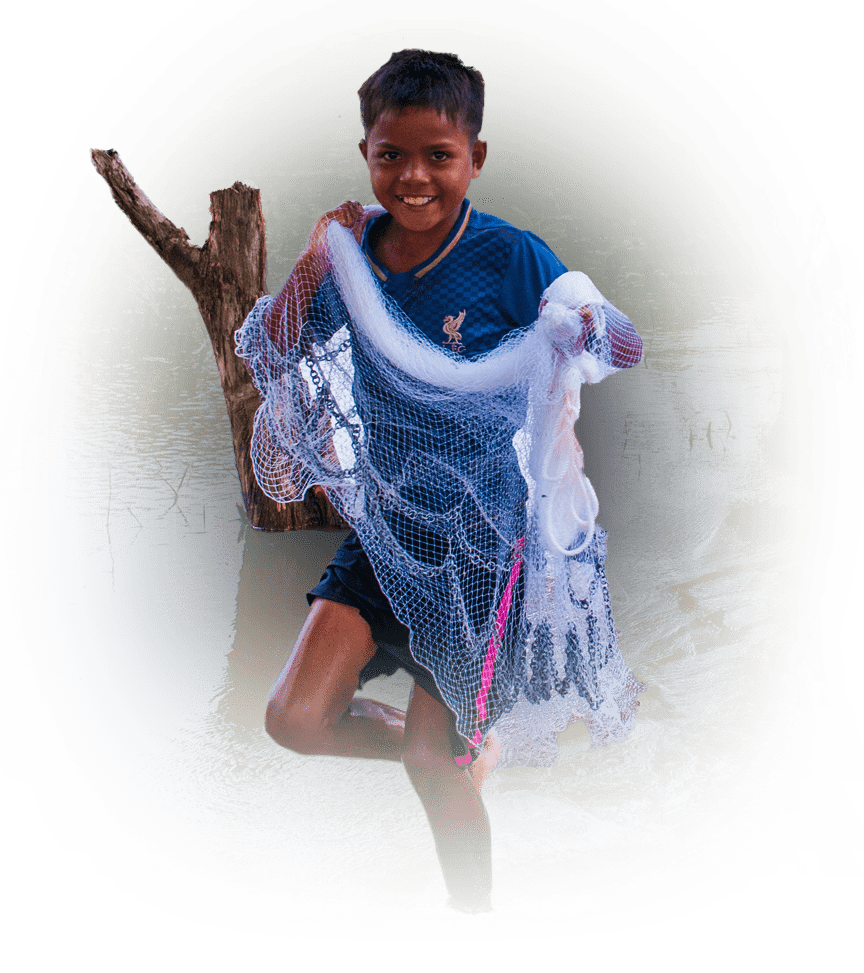
the challenge
In Cambodia, an alarming 84% of the population lack sanitation infrastructure and clean water. This led to an annual economic loss of $448 million — equivalent to 7.2% of Cambodia’s GDP in 2005. (World Bank, 2008).
Today, 1 in 5 children under the age of 5 are prone to death and disability from waterborne diseases.
Our Response
TGF’s Water and Sanitation Programme takes on an integrated approach by running community-based education sessions to teach basic hygiene practices, as well as the use and maintenance of sanitation facilities. TGF also constructs subsidised facilities such as wells, water filters, rainwater tanks, and latrines.
Since 2010, donations to TGF have helped reduce waterborne diseases by 83%, and given 88% of rural Cambodian households from 59 villages access to more than 7,000 latrines.
Our Impact
Over 25,0000 villages have access to a local well
83% reduction in waterborne disease in the last 5 years
> 7,000 latrines built since 2010
Clean Water Project
Since 2010, TGF has built more than 700 wells and provided over 2000 water filters to households in 59 villages. Today, over 40,000 villagers have access to improved water sources.
The construction of over 400 Rainwater Harvesting Systems (RHS) has also been subsidised. These are 2,000 litre tanks which store rainwater safely and cleanly.
The project is supplemented by community-based education, which has reduced water-borne diseases reported at the local health centres by 83%.
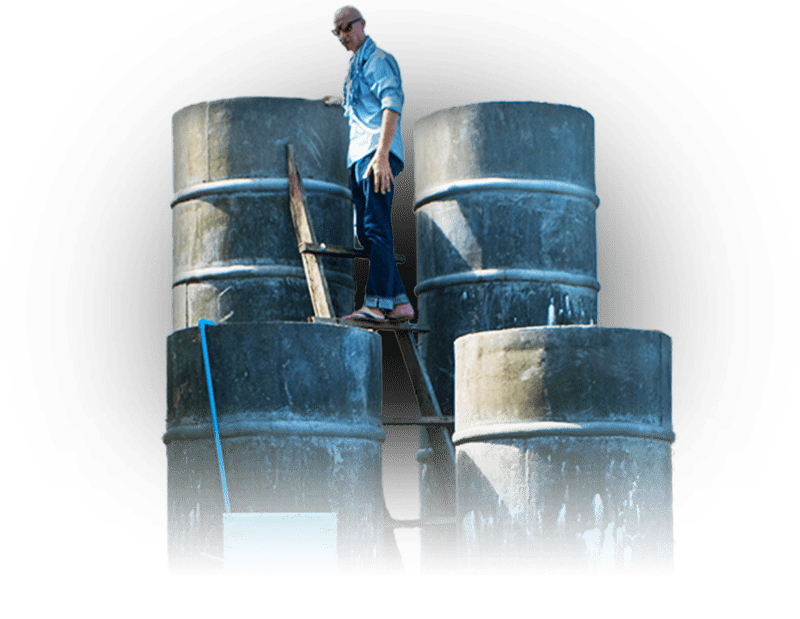
Latrine Project
Before the implementation of the Latrine Project in 2010, only 11% of households had access to a latrine, with most practicing open defecation. The current rate of latrine access now stands at 96% of households have access to a working latrine. 2 of 5 communes, containing 28 of 60 villages or 4,869 families (23,349 people) have been certified as Open Defecation Free (ODF) by the Ministry of Rural Development in collaboration with TGF in 2020.
Over the years, TGF has been investing in a subsidised latrine project that uses low cost pour flush latrines. Households contribute labour and materials while TGF provides additional financial and technical support.
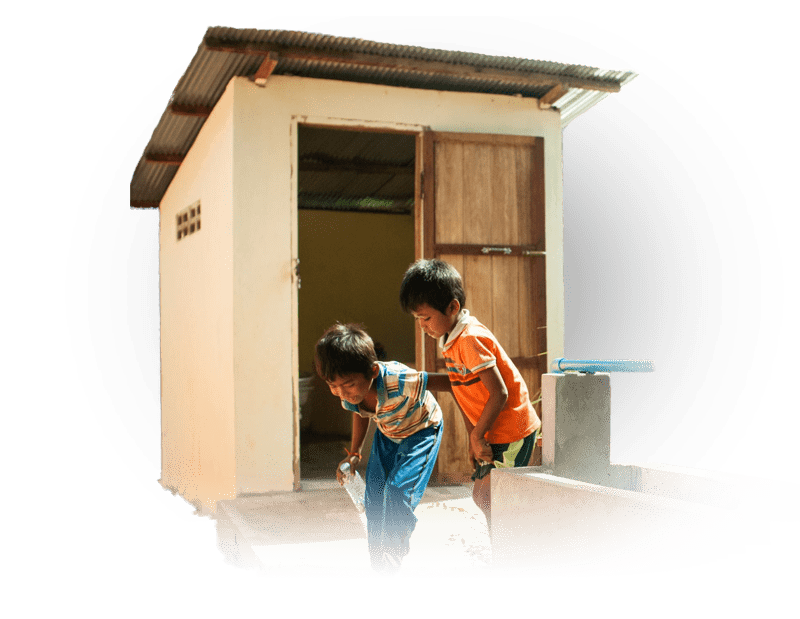
Water & Sanitation Education
TGF works closely with Community Assistants (CAs) and Village Health Support Groups (VHSGs) to educate households about the health and economic benefits of improved water and sanitation facilities.
The VHSGs conduct community-based education refresher sessions every quarter on how to use, maintain, and make the most out of their facilities.
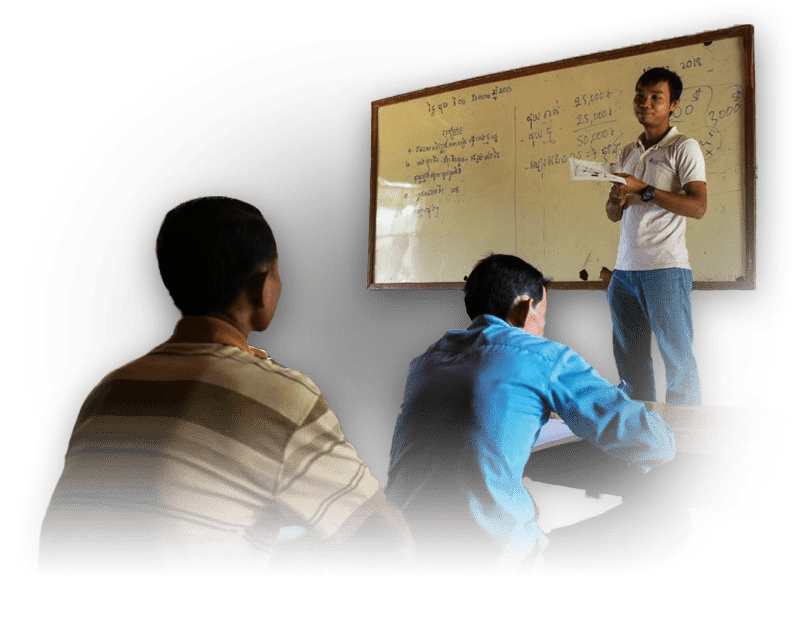
Well Drilling
TGF established a community bore well drilling project to improve year-round access to water in villages, where shallow ring wells have been ineffective.
We have fabricated a simple, low cost, portable well drilling rig. Local technicians have also been trained in the usage and maintenance of the rig.
In its first year, the project drilled 24 bore wells. With the funds raised from drilling private wells for households, the cost of shared wells was subsidised for low-income households.
Our plans include establishing and training teams to provide local well drilling services to the local community, at a fraction of the cost of commercial companies based in Siem Reap.
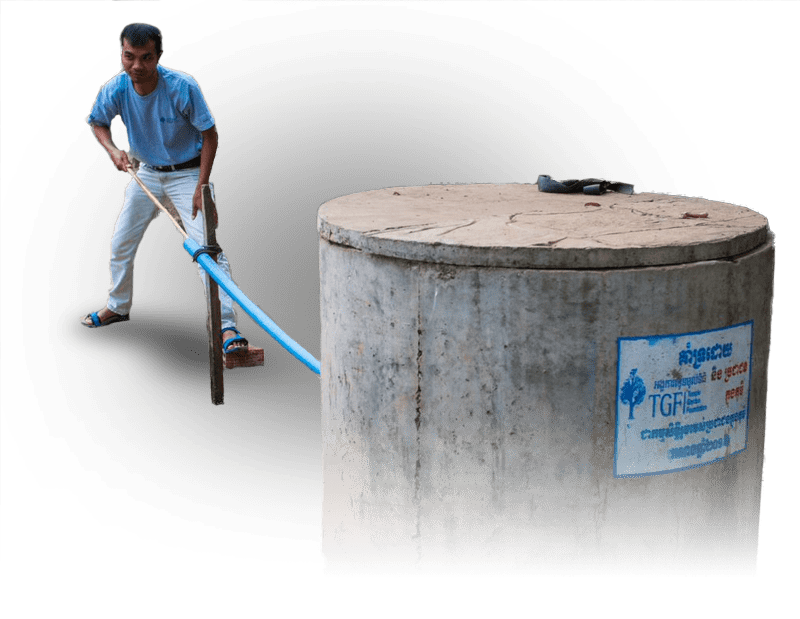
Clean Water Project
Since 2010, TGF has built more than 700 wells and provided over 2000 water filters to households in 59 villages. Today, over 40,000 villagers have access to improved water sources.
The construction of over 400 Rainwater Harvesting Systems (RHS) has also been subsidised. These are 2,000 litre tanks which store rainwater safely and cleanly.
The project is supplemented by community-based education, which has reduced water-borne diseases reported at the local health centres by 83%.

Latrine Project
Before the implementation of the Latrine Project in 2010, only 11% of households had access to a latrine, with most practicing open defecation. The current rate of latrine access now stands at 96% of households have access to a working latrine. 2 of 5 communes, containing 28 of 60 villages or 4,869 families (23,349 people) have been certified as Open Defecation Free (ODF) by the Ministry of Rural Development in collaboration with TGF in 2020.
Over the years, TGF has been investing in a subsidised latrine project that uses low cost pour flush latrines. Households contribute labour and materials while TGF provides additional financial and technical support.

Water & Sanitation Education
TGF works closely with Community Assistants (CAs) and Village Health Support Groups (VHSGs) to educate households about the health and economic benefits of improved water and sanitation facilities.
The VHSGs conduct community-based education refresher sessions every quarter on how to use, maintain, and make the most out of their facilities.

Well Drilling
TGF established a community bore well drilling project to improve year-round access to water in villages, where shallow ring wells have been ineffective.
We have fabricated a simple, low cost, portable well drilling rig. Local technicians have also been trained in the usage and maintenance of the rig.
In its first year, the project drilled 24 bore wells. With the funds raised from drilling private wells for households, the cost of shared wells was subsidised for low-income households.
Our plans include establishing and training teams to provide local well drilling services to the local community, at a fraction of the cost of commercial companies based in Siem Reap.

Other programmes
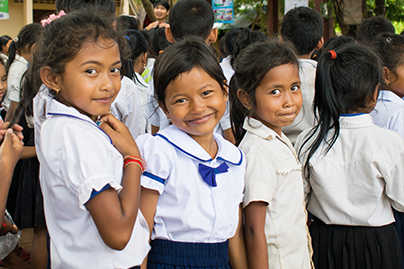
Improving children’s futures through access to quality education
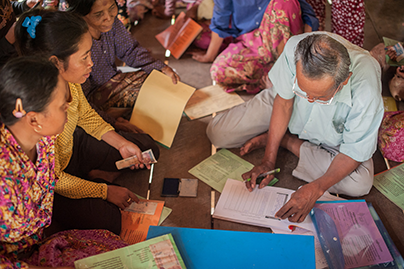
Improving access to vocational training, community-led micro-finance, and business opportunity for individuals and groups

